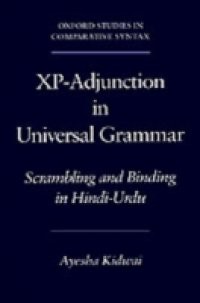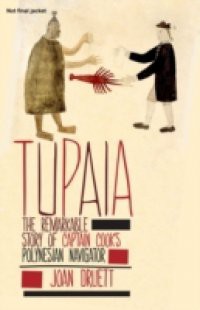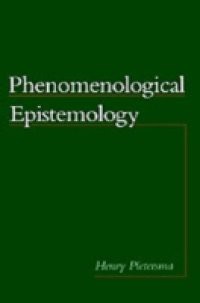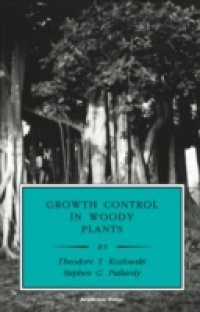One of the most hotly debated phenomena in natural language is that of leftward argument scrambling. This book investigates the properties of Hindi-Urdu scrambling to show that it must be analysed as uniformly a focality-driven XP-adjunction operation. It proposes a novel theory of binding and coreference that not only derives the coreference effects in scrambled constructions, but has important consequences for the proper formulation of binding, crossover, reconstruction, and representational economy in the minimalist program. The book will be of interest not only to specialists in Hindi-Urdu syntax and/or scrambling, but to all students of generative syntax.






 10 (2)
10 (2) 



















